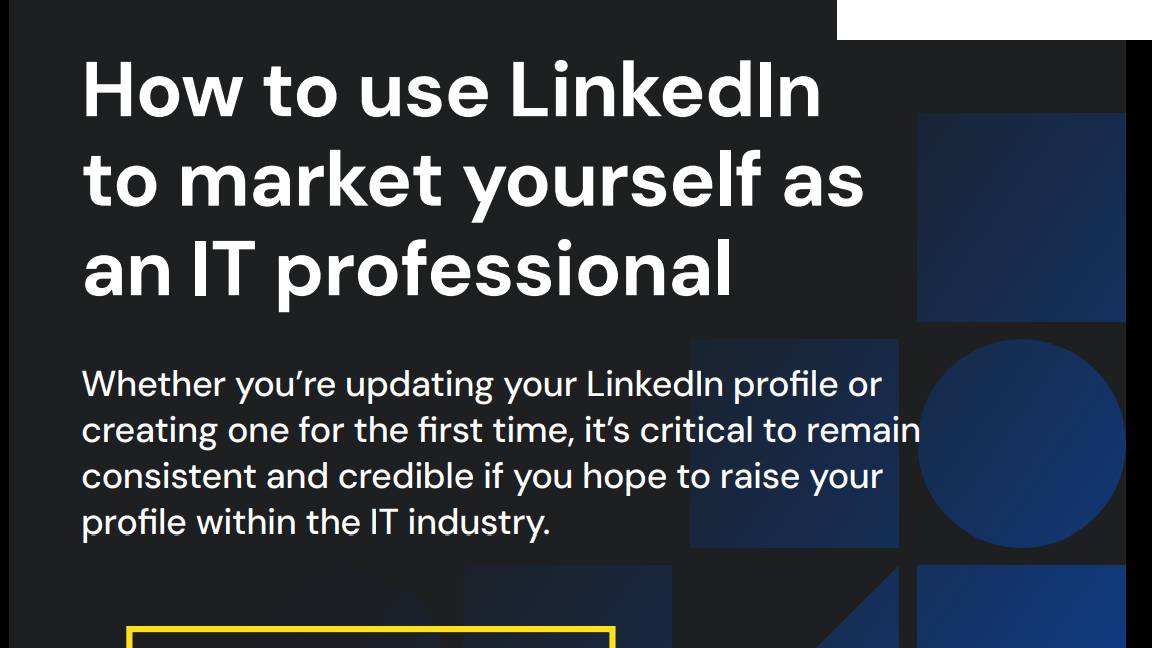
This is the idea of allowing social sites' created by organisations to connect with popular social destinations' like Facebook and Twitter, enabling their community members to freely transport their identities, relationships and activities across the social web.
"For the consumer, social bridging allows for a better web experience, where they have more control of the flow of identity, relationship, and activity data they contribute to various sites," explains Stephanie Himoff, vice president of european sales and business development at Pluck, an integrated social media solutions provider focusing heavily on this.
"No matter how well a user is established on Facebook, no matter how many comments on news articles they've submitted on their favourite publishing site, currently when they go to a new social site they are a total stranger whose previous activity means nothing," she says.
Social bridging allows users to easily transport their identity across different social sites, ensuring that when they join a new site they bring their identity with them.
It also allows businesses to extract the maximum value out of their social media investments.
"There are millions of social sites online today and as long as these sites remain disparate, the passion and energy that organisations have worked hard to generate and sustain on their social sites will be confined to that site alone," adds Himoff.
What about privacy?
Sign up today and you will receive a free copy of our Future Focus 2025 report - the leading guidance on AI, cybersecurity and other IT challenges as per 700+ senior executives
Of course, social bridging and bringing all your digital conversations together in one place online has many benefits, but it also raises several questions around digital privacy.
Offline, it is relatively easy to keep the various aspects of your life apart.
"That's a natural part of being human," says Charman-Anderson. "We moderate our conversation based on who we're talking to. Online these boundaries blur and problems occur when there is bleed from one silo to another."
Sadly, some sites really don't help users to understand the privacy implications of their actions, and with the number of social applications on the increase this problem isn't going to go away anytime soon.
Some, like Posterous, enable users to set passwords limiting access to just those you want and are worth bearing in mind if you choose to start lifestreaming but don't want the whole world to see.
Should you take the Allison approach and put it out there, just remember that the net is actually a very social place where anything and everything you post can be seen by anyone.
Think before you post or you may become a star for all the wrong reasons.
-
 The modern workplace: Standardizing collaboration for the enterprise IT leader
The modern workplace: Standardizing collaboration for the enterprise IT leaderHow Barco ClickShare Hub is redefining the meeting room
-
 Interim CISA chief uploaded sensitive documents to a public version of ChatGPT
Interim CISA chief uploaded sensitive documents to a public version of ChatGPTNews The incident at CISA raises yet more concerns about the rise of ‘shadow AI’ and data protection risks
-
 How to use LinkedIn to market yourself as an IT professional
How to use LinkedIn to market yourself as an IT professionalwhitepaper Whether you’re updating your LinkedIn profile or creating one for the first time, it’s critical to remain consistent and credible if you hope to raise your profile within the IT industry
-
 Who owns the data used to train AI?
Who owns the data used to train AI?Analysis Elon Musk says he owns it – but Twitter’s terms and conditions suggest otherwise
-
 Elon Musk confirms Twitter CEO resignation, allegations of investor influence raised
Elon Musk confirms Twitter CEO resignation, allegations of investor influence raisedNews Questions have surfaced over whether Musk hid the true reason why he was being ousted as Twitter CEO behind a poll in which the majority of users voted for his resignation
-
 Businesses to receive unique Twitter verification badge in platform overhaul
Businesses to receive unique Twitter verification badge in platform overhaulNews There will be new verification systems for businesses, governments, and individuals - each receiving differently coloured checkmarks
-
 Ex-Twitter tech lead says platform's infrastructure can sustain engineering layoffs
Ex-Twitter tech lead says platform's infrastructure can sustain engineering layoffsNews Barring major changes the platform contains the automated systems to keep it afloat, but cuts could weaken failsafes further
-
 ‘Hardcore’ Musk decimates Twitter staff benefits, mandates weekly code reviews
‘Hardcore’ Musk decimates Twitter staff benefits, mandates weekly code reviewsNews The new plans from the CEO have been revealed through a series of leaked internal memos
-
 Twitter could charge $20 a month for 'blue tick' verification, following Musk takeover
Twitter could charge $20 a month for 'blue tick' verification, following Musk takeoverNews Developers have allegedly been given just seven days to implement the changes or face being fired
-
 Twitter reports largest ever period for data requests in new transparency report
Twitter reports largest ever period for data requests in new transparency reportNews The company pointed to the success of its moderation systems despite increasing reports, as governments increasingly targeted verified journalists and news sources